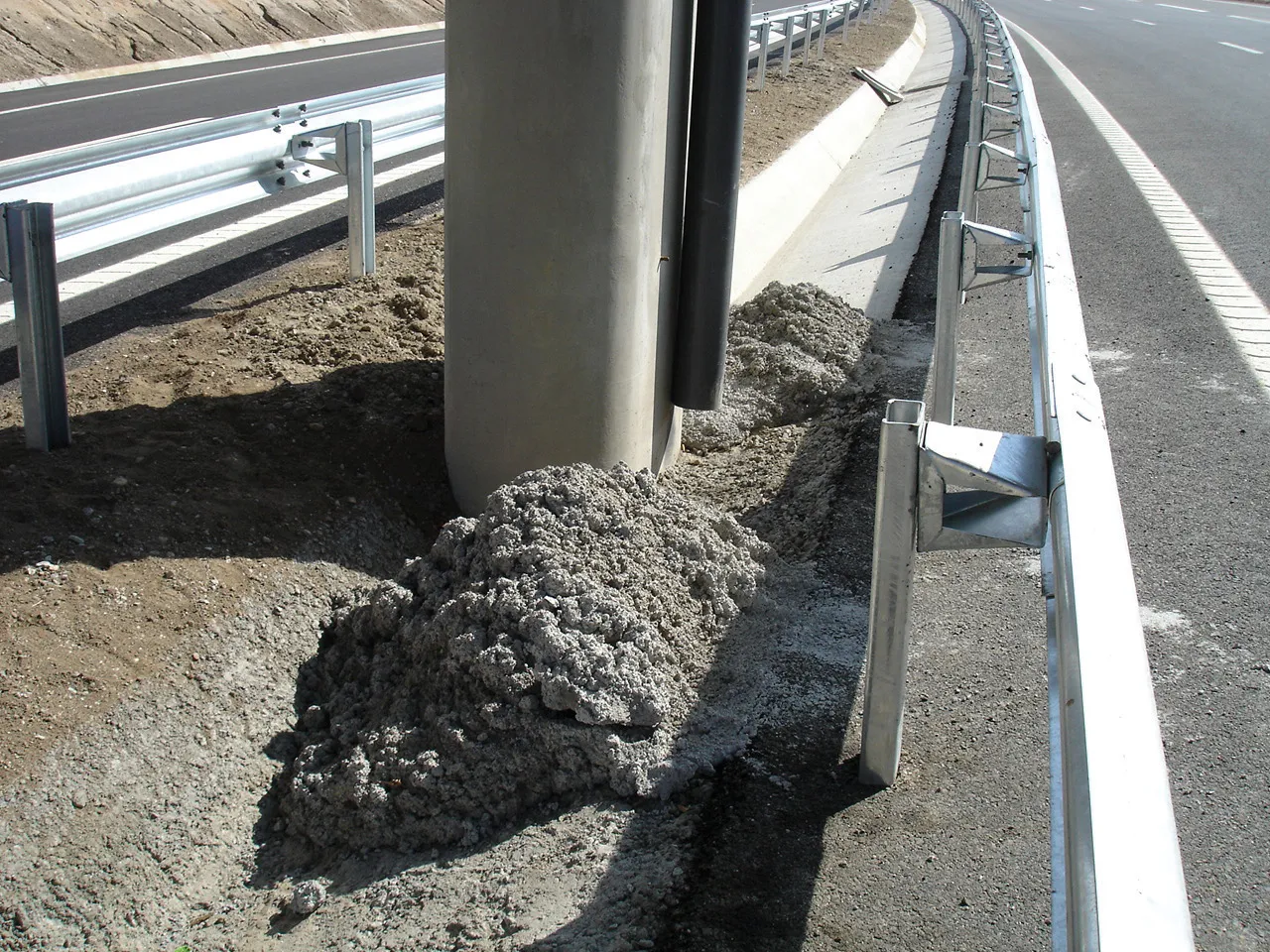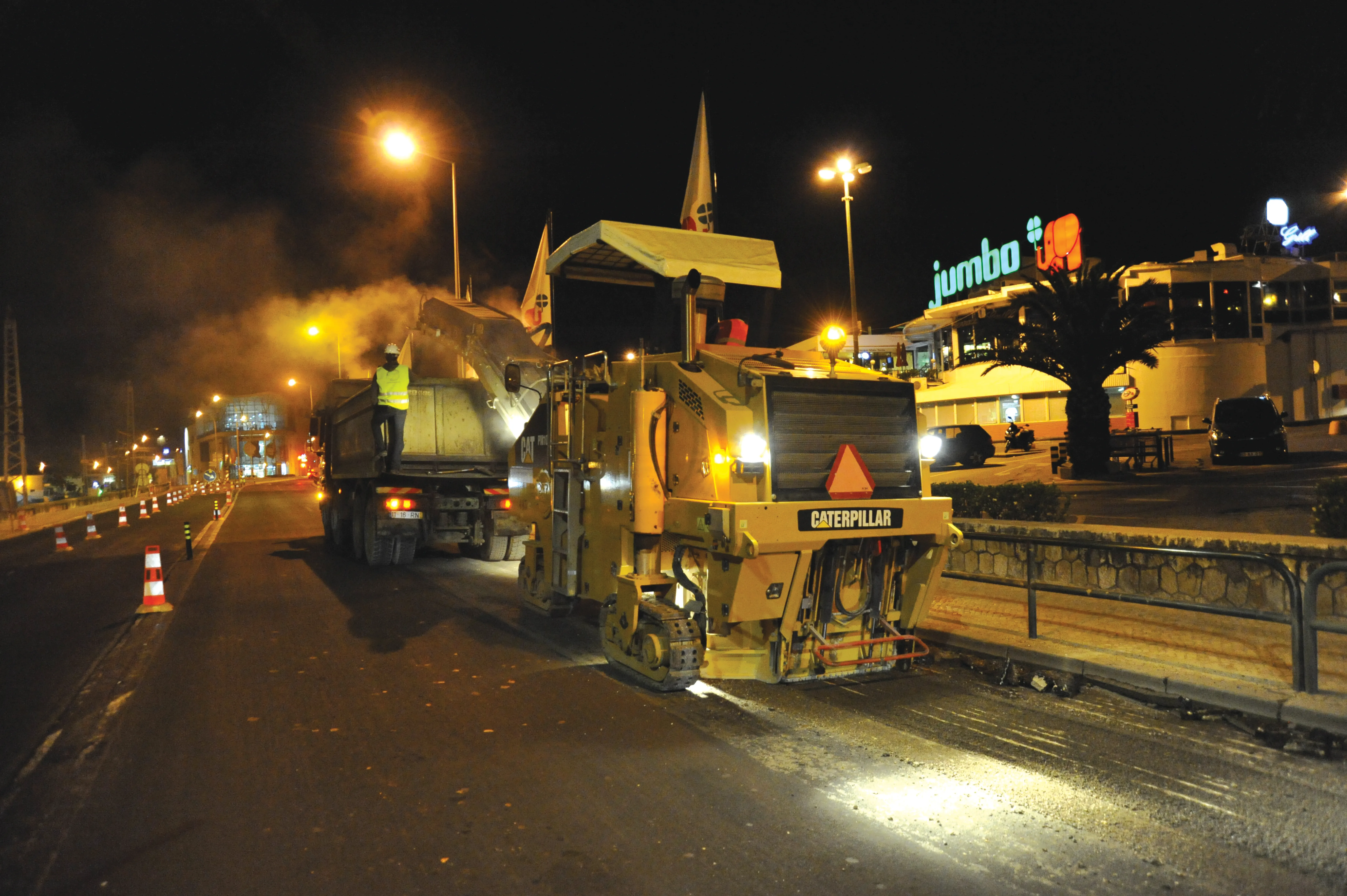The completion of Colombia’s long-running La Linea Tunnel project is now in sight, finally. Colombia’s president, Juan Manuel Santos, and vice president, German Vargas Lleras, made a joint announcement that the 8.65km long tunnel will be inaugurated in November 2016. The two tunnel drives (from Quindio and Tolima) have now met in the middle and only lining works are left to be completed. Once the tunnel is operational, it will enable trucks to complete the journey between Cajamarca (Tolima) and Calarca (Qui
May 7, 2015
Read time: 2 mins
The completion of Colombia’s long-running La Linea Tunnel project is now in sight, finally. Colombia’s president, Juan Manuel Santos, and vice president, German Vargas Lleras, made a joint announcement that the 8.65km long tunnel will be inaugurated in November 2016. The two tunnel drives (from Quindio and Tolima) have now met in the middle and only lining works are left to be completed. Once the tunnel is operational, it will enable trucks to complete the journey between Cajamarca (Tolima) and Calarca (Quindio) in 35 minutes. This will be a significant reduction in time compared with the two hours and ten minutes required at present. Road safety will also be improved as the new route will feature shallower curves and gradients. The remaining excavation work should be completed in four months and then an additional geomembrane insulation layer will be installed. The project, developed by construction company Carlos Collins, will be finished on the date agreed by the contractor and the government, 30th November 2016. The Ministry of Transport has said that the company will also have to progress in its works at La Envidia and Perales viaducts, Alpes tunnel and Cafetal, Virgen Blanca and La Herradura II bridges. In addition, Carlos Collins will have to comply with the environmental conditions at La Gata and La Soledad faults and will need to implement filters and water drainage systems. The project has been delayed several times and for several reasons. However its completion will be of key importance to the country. Colombia’s other road projects have, for the most part, been carried out within, or at least close to, their original schedules however.







